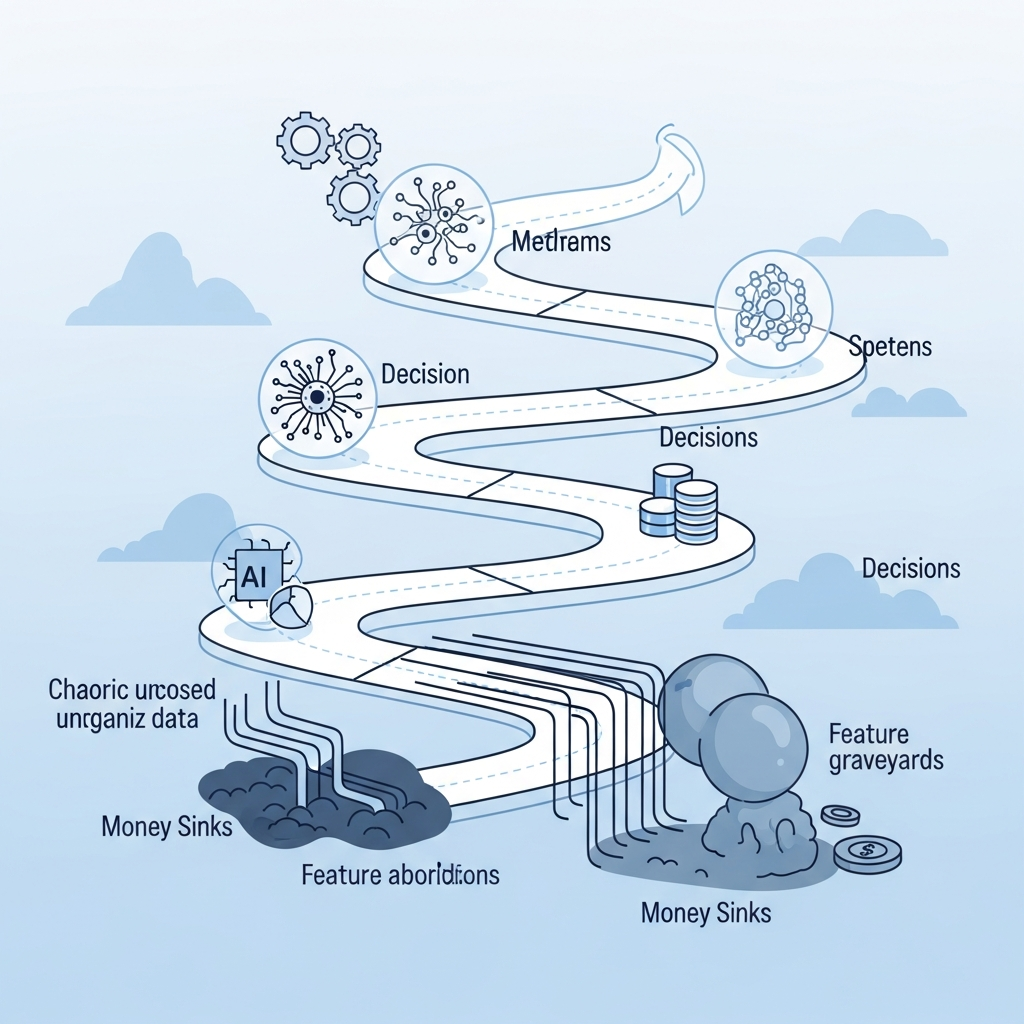The Rise of AI Agents: Redefining Business in the Digital Age
The business landscape is undergoing a profound transformation, and at the heart of this shift are AI agents. These intelligent, autonomous entities are no longer just a concept for the distant future; they are actively reshaping how companies operate, innovate, and compete today and into 2025 and beyond.
The market for AI agents is experiencing an explosive period of growth. Projections indicate a remarkable ascent from an estimated $5.1 billion in 2024 to a staggering $47.1 billion by 2030. This meteoric rise underscores their critical role in the strategies of forward-thinking organizations.
What Exactly Are AI Agents?
Unlike traditional AI programs that execute predefined tasks, AI agents possess a higher degree of autonomy. Think of them as intelligent software entities capable of:
- Perceiving their environment: They gather information from various data sources.
- Reasoning and planning: They process information and formulate strategies to achieve specific goals.
- Acting independently: They execute actions without constant human intervention.
- Learning and adapting: They improve their performance over time through experience.
Essentially, AI agents are designed to handle complex tasks that require a blend of data processing, decision-making, and continuous learning, often working collaboratively or in conjunction with human teams.
How AI Agents Are Reshaping Business Operations
The impact of AI agents spans across virtually every facet of business. Here’s a closer look at how they are driving change:
1. Automating Complex & Routine Tasks
From sifting through vast datasets to managing customer inquiries, AI agents excel at automating tasks that are either repetitive or incredibly data-intensive. This frees up human employees to focus on strategic initiatives, creativity, and problem-solving that require uniquely human skills.
- Customer Service: Intelligent chatbots and virtual assistants handle inquiries, provide support, and even resolve issues autonomously.
- Data Entry & Processing: Agents can rapidly extract, categorize, and verify information from documents, significantly reducing manual effort and error rates.
- Supply Chain Management: Optimizing inventory levels, predicting demand fluctuations, and coordinating logistics with unprecedented accuracy.
2. Enhancing Decision-Making with Data-Driven Insights
AI agents are powerful analytical tools. They can process and analyze vast quantities of data much faster and more comprehensively than humans, uncovering patterns and insights that inform better strategic decisions.
- Market Analysis: Identifying emerging trends, customer preferences, and competitive landscapes.
- Financial Forecasting: Predicting market movements and optimizing investment strategies.
- Risk Management: Detecting anomalies and potential threats in real-time across various operations.
3. Personalizing Customer Experiences
By analyzing individual customer data, AI agents can deliver highly personalized interactions and recommendations, leading to increased customer satisfaction and loyalty.
- Personalized Marketing: Tailoring content, offers, and communications to individual user profiles.
- Product Recommendations: Suggesting relevant products or services based on browsing history and purchase behavior.
4. Boosting Innovation and Research & Development
In fields like biotechnology and material science, AI agents are accelerating discovery by simulating experiments, analyzing research papers, and identifying potential breakthroughs that might take humans years to uncover.
5. Optimizing Operational Efficiency
Beyond individual tasks, AI agents can orchestrate entire workflows, ensuring resources are utilized optimally and processes run smoothly. This leads to significant cost savings and improved productivity.
Navigating the AI Agent Revolution
The trajectory of AI agent adoption is steep, and businesses that fail to explore their potential risk being left behind. To harness the power of AI agents effectively, consider the following:
- Identify Clear Objectives: Start by pinpointing specific business problems or inefficiencies that AI agents can address.
- Start Small, Scale Smart: Begin with pilot projects in less critical areas to gain experience and demonstrate value before a wider rollout.
- Focus on Integration: Ensure AI agent solutions can seamlessly integrate with existing systems and workflows.
- Prioritize Ethics & Governance: Establish clear guidelines for AI agent behavior, data privacy, and accountability from the outset.
- Invest in Talent: Train your workforce to collaborate effectively with AI agents and develop the skills needed to manage these advanced systems.
The future of business is intelligent, autonomous, and incredibly dynamic. As AI agents continue to evolve, they will not just support human work but actively become integral partners in driving innovation, efficiency, and growth. Embracing this transformation is no longer optional; it’s a strategic imperative for sustained success.






